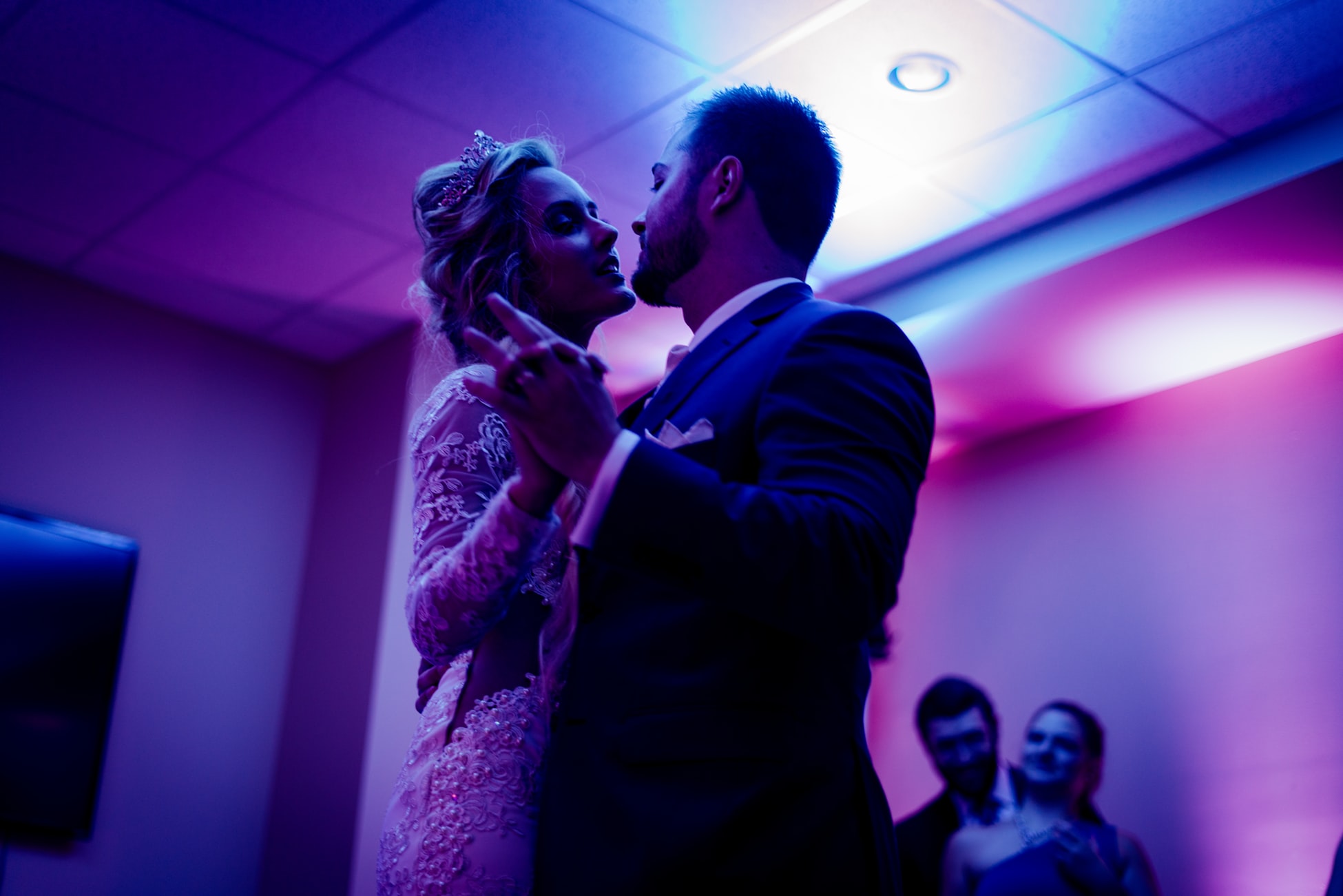Throughout the rest of this article, we’ll look at four principles that will help you choose the right person, be the right person, and develop healthy relationships.
Connection
A relationship is first and foremost about emotional connection. Our attachments to others are called “bonds,” and they are created and maintained by someone’s ability to share and connect from the heart, with all of its emotional vulnerabilities and tender feelings.
Many people can relate on a superficial and social level. But in a long-term relationship of any kind, it becomes increasingly important for you to be able to share your heart with someone, and have your heart be safe. In evaluating people that you are going to give your heart to, be careful to see if they can respond responsibly to your vulnerability and feelings, and also if they can share their own heart with you. That is how bonds are built and maintained. Consider these questions:
- Can they listen and empathize with your feelings and vulnerabilities? Can they share on an emotional level?
- Do you go away from time with them feeling like you have connected, or do you feel alone in the relationship?
- Is there a high level of assurance that your bond will be protected?
Boundaries
Another important aspect of a relationship is to respect each other’s personal boundaries. A boundary is a property line that defines where you end, and someone else begins. Good relationships have a high degree of respect for each person respecting the other’s “person.”
One way you can tell someone respects your boundaries, is whether you feel free to be in control of your own person, or whether you feel invaded, or controlled, by the other person. A healthy person will respect your wishes to be in control of yourself and what you want to do, or not do. Do they become unreasonable when you refuse to do something? Can they allow you to be separate from them and have your space? Do they see you as an extension of themselves, in some way, and feel they have a right to control you and do whatever they want with you? Consider the following questions:
- Do they pressure you into spending too much of your time with them, or can you say “no” to their wishes and still be accepted?
- Do they push in other areas, such as the physical area, in a dating relationship?
- Can they hear and respect your “no” when they push you further than you want to go?
- Do they allow you the freedom to have different opinions, values, and wishes than they do? Or do you feel like you have to somehow be a “clone” of what they want you to be?
- Do you feel like your choices are respected? Or do you feel like there is only one “will” in the relationship? Is it “their way or the highway?”
Perfectionism
Another important area is the way a relationship handles the imperfections of each partner. In this world, we aren’t going to be perfect, or find a perfect person to love. How will each person deal with the imperfections in the relationship?
Have you ever been in a relationship where you felt some pressure to be “ideal”? The fallout of that kind of relationship can be difficult at best, and disastrous at worst. You can feel like it is not OK to be yourself, to be real with your faults and imperfections, and to make mistakes.
In dating relationships, perfectionism can be displayed in the pressure to look or act a certain way so your partner will be happy with you. In friendships, it can be the pressure to not make mistakes or let them down. In parent-child relationships, it can be to be the ideal “trophy” child, making a parent happy by living up to unrealistic expectations.
Think about these questions:
- Is it OK with your partner when you are “less than ideal”? What happens when you gain a few pounds or don’t look exactly like your partner wants you to? Or if you are not as successful as an “ideal” partner would be?
- When you make a mistake, do you feel the freedom to confess to them that you failed?
- Are you free to be your total real self with your partner? Can you reveal your faults and parts of yourself that aren’t so great?
- Are there “image pressures” in the relationship? Do you feel the pressure to appear to be something that you aren’t, and wish that you could just be yourself?
Equality
The last quality we will look at is the ability for significant others to see you as an equal in the relationship. Difficult relationships often have a dynamic called “one up/one down.” One partner always has to be the boss in the relationship, and is the self-appointed “parent.” They relate to the other primarily in terms of “shoulds,” telling them what they should do and not do. This works well for a young child and a parent, but in adult friendships, dating relationships, and marriages, it fails if one partner is not seen as worthy of respect.
In short, it has to do with being dominated. Dominating relationships are very immature, and lead to stunted emotional growth in both people. These relationships may be comfortable, but are more often miserable and extremely limiting. And being under the control of another person doesn’t lead to intimacy. When determining if your relationship has equality problems, consider these questions:
- Do you feel that the other person always has to be in the superior position?
- Do you frequently feel like a child around them?
- Do you feel dominated and put down, even in a nice way?
- Is there a judgmental quality to your relationship?
These character issues help relationships last and grow. No matter how attractive someone is, or how much we like them, if they have the character problems we just looked at, you are looking for trouble. In choosing your next significant relationship, consider these traits as carefully as you look at whatever else draws you to the person.
The Problem
It would be nice to spot those issues and steer clear of problem people, but none of us are certain how a person is going to react to certain situations. Today they may seem like a person who has a healthy respect for boundaries, but six months from now may be hoarding all your time and attention. None of us can evaluate another perfectly. But we can get better at it!
The way we learn to find people who we can have a healthy relationship with, is only partly based on knowledge. The biggest part of the solution has to do with our own character. To pick people of good character, we have to first become a person of healthy character. To find someone who can connect, we have to connect. To relate to someone with good boundaries, we have to have good boundaries of our own. To be with someone who is real, we have to grow past our own perfectionism.
The process by which we make the necessary changes in our own character is called spiritual growth. As we grow inside to become the person we were created to be, we find that we have better and better character ourselves, and as a result, make better choices in significant relationships. This requires work in our spiritual lives and makeup, and that’s not an easy process. But for those who have taken this challenge, they find that the work is worth the effort.
So, get to work. Find a good community where you can learn how to grow in your ability to connect, be free from the control of others, be real, and be equal. Develop your spiritual life in such a community, as you learn to relate to your God and others in a deeper way. The lifelong rewards will surprise you.
Photo from “On Your Wedding Day”











